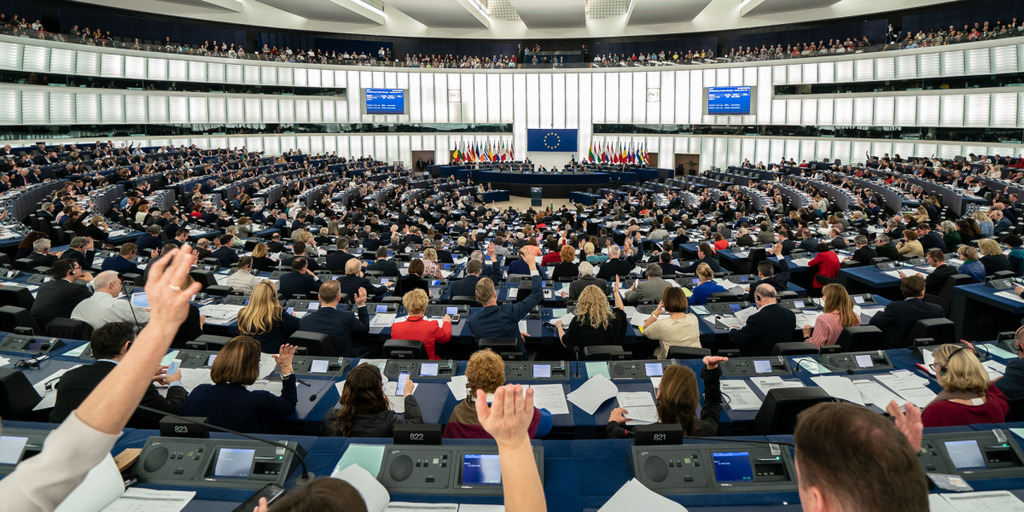An electorate of more than 400 million people went to the polls in 28 countries over four days. What are the main takeaways?
Christian Kastrop: The most significant news from Sunday evening is: the European heart continues to beat loudly and passionately – and not just in Brussels, but in all member states, from Ireland to Cyprus . Voter turnout in Germany rose from 48 to over 60 percent. Across Europe the results are expected to be about 50 percent, which means almost one person in two voted.
The evening's second piece of news: The majority voted for pro-European parties. Regardless of whether Europe's political heart beats on the right or the left, the new European Parliament will clearly be led by pro-Europeans who will not always be of the same opinion, but who will be committed to a united and strong Europe.
As a result, the elections for the ninth European Parliament were a celebration of pro-European democracy. I therefore hope that Europe's voice will be heard more loudly and clearly in the world in the next five years. If that is to happen more successfully than in the past, Europe must focus on the essential issues. It doesn't always have to regulate more things; it has to apply its competencies more efficiently where they are needed.




